We live “off-grid”. This means we have electricity from solar panels (with no connection to any other power grid), water from our own well, and we catch radio waves for internet.
We have a garden (always work in progress) for fruit and vegetables, wood-fired heating (plenty of wood after pruning), and many other plans (at all times): a solar dehydrator, a stone oven for pizza and bread, and solar heating for showers and water.
This means we hardly have any utility bills, and we can keep our living expenses quite low as well. For us, living this way is so much more rewarding than working to pay off things we don’t really need. And we really don’t feel like we’re missing out on anything.
Here are a few things we’ve learned over the past few years that might come in handy if you are (or you’d like to be) changing your lifestyle and moving off-grid too. Some of it is advice we were given by others (thank you for that!), but most things we found out for ourselves.
1. Don’t Believe Everything the Internet Tells you
The internet is full of heart-warming stories – “This amazing house was built for only $200“, “This kind of dwelling is the most eco-friendly known to man”…. one Spanish real estate company website even states that there are “plenty of jobs available in Spain” and “you don’t need to learn Spanish as there are doctors and notaries around who speak English”.
Use your brains, read the small print, and talk to real people.
(For more on this, take a look at my post on moving off-grid without being taking advantage of).
2. When in Doubt, Just Go for it
Over the past few years, the only regret we’ve had is that we didn’t do certain things sooner.
We could have moved to Spain sooner, we could have started living in our little maset sooner. It would certainly have saved us money! However, sometimes fear just gets the best of us.
So from now on, we’re trying to live by the motto “When in doubt, just go for it” – but make sure you’ve got a backup plan.
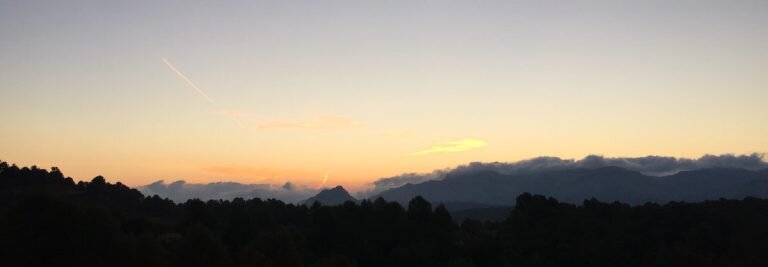
[Nothing beats waking up with this view (or a variation on it) every single day.
3. Planning is Silver, Communication is Gold
The people who succeed the quickest, are the ones with a plan – those who arrive here with a clear idea of their goal, and a plan that matches local reality.
To get that clear plan, it’s important to communicate with your fellow adventurer(s) and set common goals – and to keep communicating, especially when things aren’t going according to said plan. A friend advised us to sit down and have business meetings between just the two of us; we’ve just started to do that.
Although our project stays the same, we have made several adjustments to the planning already – and keep making those every time life gets in the way.
4. Budget = More than some Land and a House
When you’re looking for some land or a house to buy, real estate agents will ask what your budget is. In the “normal world”, that’s simple; it’s the amount of money you are willing to spend on that piece of land and/or house.
Here, it’s different; living off-grid involves quite a few investments you might not think of right away.
We bought ourselves a car that was more suitable for this environment (instead of our Volkswagen Passat which was great to cruise with, but just wouldn’t have survived the tracks here in winter), several kinds of tools, machinery and materials, a generator and a solar system for electricity, a borehole and pump for water, trees and seeds, materials for making fences and sheds…
Some of our friends bought even more – like a tractor or digger, more and bigger tools, better materials…
We’re not the only ones who decided to get ourselves a temporary home (in our case, our little maset; in the case of some of our friends, a yurt, tent camp, or second-hand caravan). That’s taken from the budget as well!
5. Plan For Delays
If you’re planning on setting up a business to make a living after your move, make sure you’ve got an income (or some money stuffed away somewhere) to survive on until you’ve got things up and running.
Paperwork can take a lot of time; we’ve met too many people who counted on their house being built quickly… years later, some are still hanging on tightly – others go back to their homeland to make more money before they can start over.
6. Party With Moderation. But Don’t Forget To Party!
Many people think I’m on permanent vacation in Spain. My Instagram and Facebook profiles might suggest just that – there are barbecues and parties, nice views and almond blossom, trips to the beach and to Barcelona…
Underneath all that, there’s a lot of hard work.
I’m an online business strategist and I run a small marketing agency, helping other entrepreneurs grow a business that fits and supports their dream lifestyle (you can find out more about that here).
I care for my chickens and veggies and trees, I cook and clean; Axel spends most of his time building stuff (and also does some tech and admin support for the marketing business.
Our social life is much busier now we live in the “campo” (the Spanish countryside) than back in Amsterdam, but it’s still not a vacation…
I have found the social aspect of living here is very important. When we get together with neighbours and friends, we talk about collaborations, exchange phone numbers and useful tips, meet other neighbours, perhaps exchange seeds, plants or produce off the land.
So although we don’t always feel like we should go out and see people (there’s so much work at home!), it’s good to remind ourselves that those breaks can be productive as well.
7. Rent or Vacation before you Buy or Build
This is advice I read on a forum – and it turns out it’s golden. If you’ve got the time and the money, rent something in the region you want to move to, or find yourself a nice place (maybe a rental house or a local bed & breakfast) that you can go to whenever you like. Be sure to visit at different times throughout the year, so you can get a feel of the seasons and be sure you like the area.
If you already bought some land, it pays to get to know it before building stuff on it; see how sun and irrigation work, where you’ve got the nicest view and the least cold wind (in winter) but a nice cool breeze in summer.
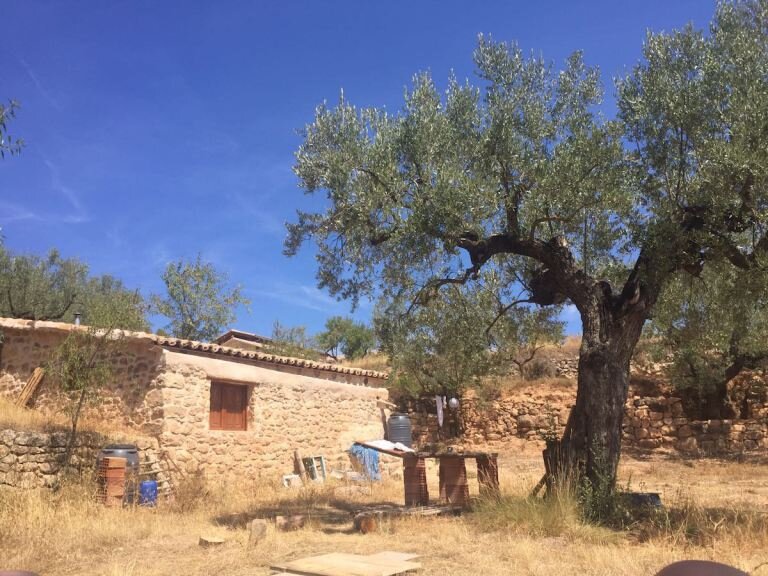
Our “maset” – the converted stable we lived in before the big house was finished. Such fond memories…
8. Rent Smart – Or Maybe Don’t Rent
Most fellow off-grid adventurers around here came here before (or while) they started building a house to live in.
Usually, they started off renting a house in the village, planning to rent until their house was finished – and many ended up staying in that rental months or years longer than they were planning to. When you include rent, water and electricity, this makes a big dent in the budget.
You could save a lot of money by putting a caravan or yurt on your land, or restoring an existing building as we did (we converted an old stable and lived in it while waiting for the house to be finished).
The distance to your property from where you’re staying is important. If it takes you too much time driving to and fro every day, not only will you start resenting the long drive – it also costs a lot of time and money.
9. Cheap, Good And Quick
A carpenter once told us that if we wanted to have things done cheap, good and quick, we should pick 2 of those 3 or just compromise; it’s not possible to have all 3 to perfection. I believe he was right!
When an internet article tells you how a guy built a house “for free”, they forget to mention how he spent years and years collecting the building materials. When a construction company promises you to build your house “in no time”, the finish might not be to your standards.
When things seem too good to be true, they probably are.
10. Making Money While Living Off-Grid
I’m lucky enough to be able to run my business completely online. Not everybody is that lucky, and we often meet people who wonder what they’re going to do here.
If you already have some kind of income (a pension, perhaps) or some money stacked away, you might not need to find a way to make money. Living off-grid can be very cheap. You can grow your own food, barter more food for stuff you make or services you provide, and don’t forget how much money you’ll save by not paying for electricity, water, parties and events.
If you do need to make an income, don’t think that opening a hotel/B&B is the only way to do that. It seems like every newcomer around here wants to open a “casa rural”, but there are many other services much more sought after that don’t require such an investment.
11. Choose Your Location… And Your Neighbours.
When giving you information about where to buy, most people or articles will talk about the properties of the land (size, use, soil, distance to road and villages), the climate, the laws of the region you’re buying in- but not many will stress the importance of good neighbours.
When living in a regular setting – in a city, village or suburb in the Western world – you will probably be in contact with lots of people.There’s your friends and family, colleagues at work, and maybe other parents at school if you’ve got children. You more or less get to choose with whom you spend most of your free time.
Living off-grid, you’re much more dependent on your neighbours; some weeks, they will be the only ones you see. When you need some help moving a rock or need to borrow some tools, it’s good to be in a place where people are friendly and welcoming!
Our neighbour Enrique taught me how to grow vegetables the traditional way, Jean-Pierre taught hubby how to dry-wall, Dan helped us build the bathroom and the cellar, John fixed our (technically total loss) car, and last year when I was looking for a tool to pick my figs with, Caspe offered me his ladder. We really feel like we’re not alone in this here.
Wherever you are, whoever your neighbours are, whatever you are doing there, one of the quickest ways to feel at home is to integrate yourself into the community. When in Rome and such – learn the language (if you moved abroad), go to events, and say hello to everyone you meet (it might just be a neighbour you haven’t met yet). It helps to have young children in school or to volunteer in a local organisation. You’ll probably always be the stranger around here, but others will appreciate you making the effort.
Hopefully, some of this advice will be useful for you on your off-grid journey! If you’re looking for more inspiration, grab our PDF, where you’ll find sound advice on finding your perfect off-grid property, budgeting for an off-grid move and making a living when you get there, some practical advice on setting up some of your off-grid systems and lots more.
If you’re thinking about setting up a solar system on your off-grid property, we wrote a (really non-technical and user-friendly) book about that! You can check it out here.
And now it’s back to you – we’d love to know, what’s your best piece of advice on making the off-grid dream a successful reality?
This article was first published in October 2016, and last updated in February 2020.

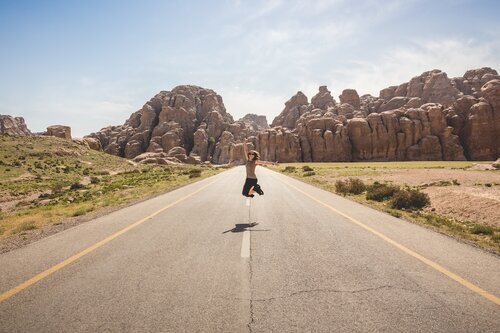
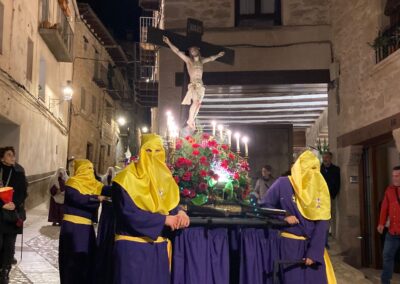
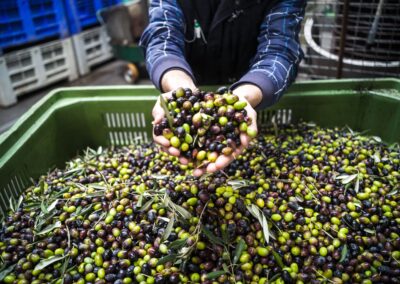

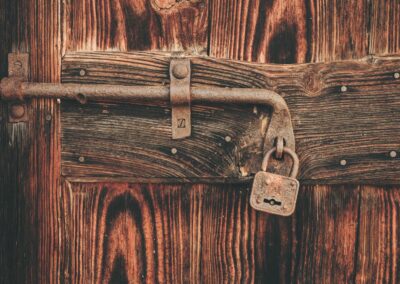

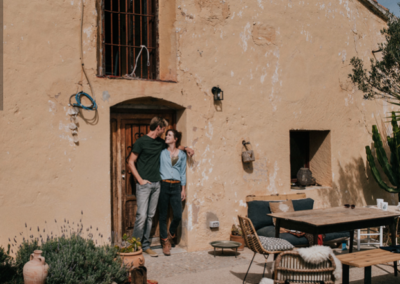
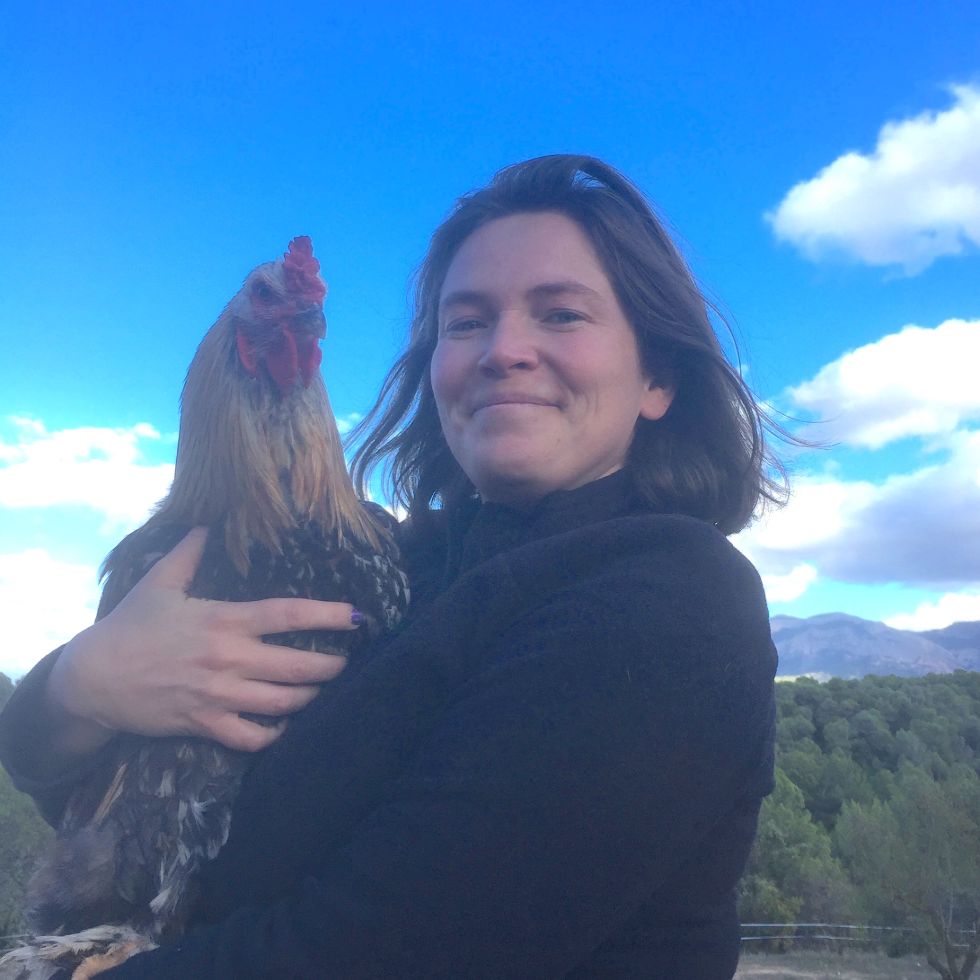
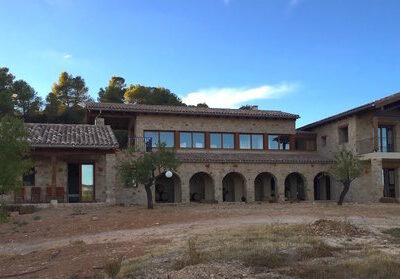
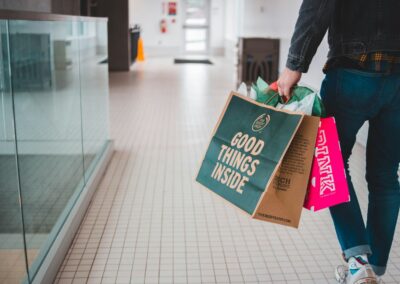
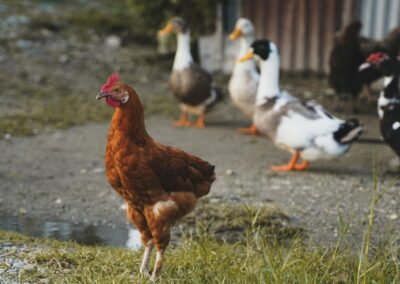
0 Comments